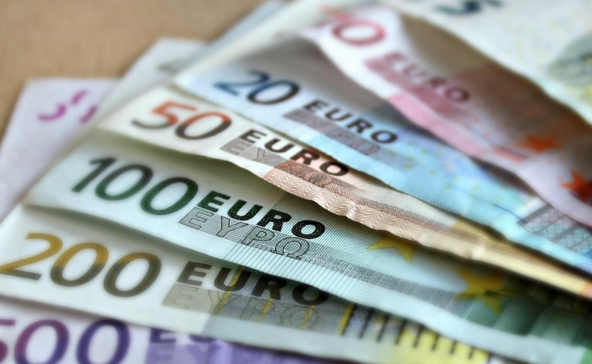With healthy growth and expansion, you could soon reach the point where your business would benefit from tapping into the European market.
While modern e-commerce platforms make this transition easier than ever before, there are still obstacles that businesses must navigate in order to benefit from the additional custom. While we have already discussed the impact that EU membership has on businesses, we are also considering whether banking in EU and other foreign currency has any benefit.
Household furniture specialists Sofas by Saxon quickly recognised an opportunity to expand into foreign markets — their range of high-quality, handmade furniture is in demand all over the world, and they have the means to sell and distribute their products to satisfy this demand. One stumbling block they encountered, however, was dealing in foreign currencies; administration and taxation obligations can sometimes outweigh the positives for those working behind the scenes at a business. We spoke to Lucinda Davies from Sofas by Saxon to learn more about the formalities associated with European expansion, and whether this affects the customer experience.
Lucinda said: “We actively promote our furniture worldwide and would like to make the most of the international market. We have been considering a foreign currency bank account for some time but, needless to say, with hesitation.
“We display the prices of our products in sterling, Euros and Dollars and the payments that we receive in these currencies are converted by the bank. However, this can be problematic as the customer and ourselves tend to be hit by bank charges or conversion charges on these payments, which can dissatisfy the customer and/or chip away at our profits.
“The alternative would be to open a foreign currency account, but this can bring further complications. It would involve taking the bank charges we receive and off-setting these with the charges of having a foreign currency account, which is difficult enough, but the major concern is being able to reconcile the foreign currency account and the year-end accounts.
“For example, converting back to GBP and the rate and time in which this is done — would it be the point of order, beginning of year, end of year etc. With conversions and charges applied, there would be no doubt losses/gains which would be carried over between tax years. Currently we have no concerns or issues with this, as all payments are received in sterling and therefore easy to reconcile in-house and without the need for an accountant.”
Foreign currency accounts tend to benefit business who not only sell their products abroad but also purchase materials from abroad. Being able to bank in a different currency means that a foreign purchase could be made without incurring the regular conversion change, which can save a lot of money over time. As Lucinda explains, however, Sofas by Saxon’s customer-focused approach means that if a change to their banking system would not directly benefit the consumer, it isn’t really worth their time:
“The key focus for ourselves is always to make the whole process easier for our customer. Whether they pay into a sterling account or a Euro account makes no difference to them, the retail experience is still the same, but it makes a big difference when running the company accounts. As a business that has thrived with only a sterling account, I do not currently see the benefit for us to have a foreign currency account. In fact, quite the opposite.”
If you would like to find out whether a foreign currency account would benefit your business, make an appointment with your relationship manager at the bank — they have an obligation to recommend the type of banking that will benefit your business.






